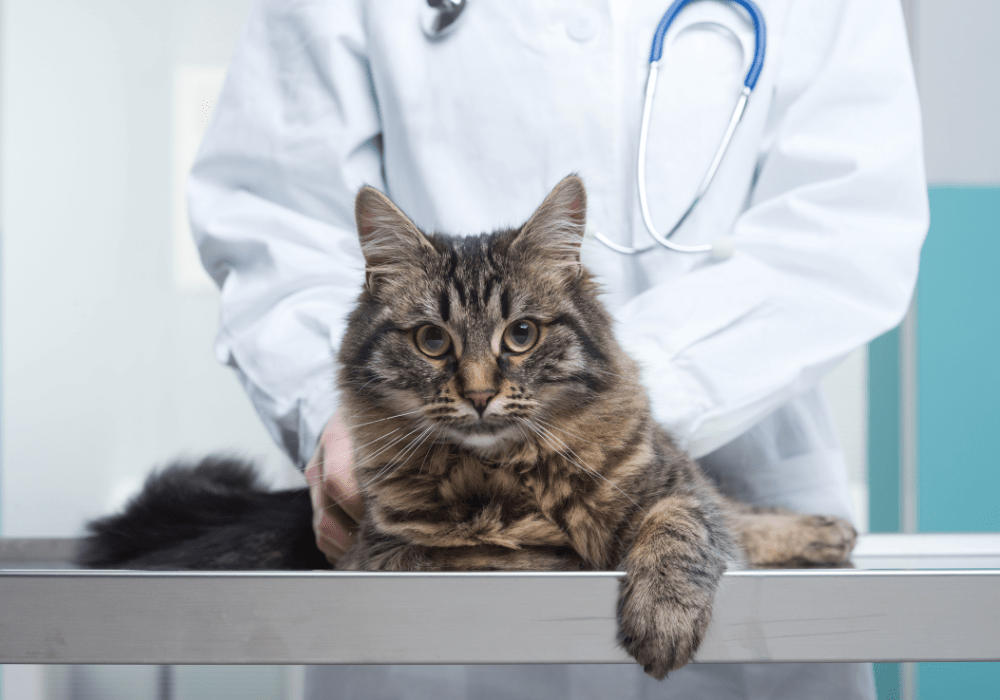Understanding Hyperthyroidism and Chronic Kidney Disease in Older Cats: Insights from Willow Glen Pet Hospital

As our feline friends enter their senior years, they become more susceptible to a variety of health issues, including hyperthyroidism and chronic kidney disease (CKD). Both conditions are prevalent among older cats and can significantly impact their quality of life. At Willow Glen Pet Hospital, we emphasize the importance of early detection and management to help your beloved pet enjoy their golden years. Here’s what you need to know about these common feline health concerns.
Hyperthyroidism in Cats
Hyperthyroidism is a condition caused by the excessive production of thyroid hormone from the thyroid gland, which is located in the neck. In cats, it’s most frequently diagnosed in those over the age of 10. The thyroid hormone plays a crucial role in regulating various body processes, including metabolism. When too much hormone is produced, it can lead to a range of symptoms.
Symptoms of Hyperthyroidism in Cats Include:
- Increased appetite
- Weight loss despite a good appetite
- Increased activity and restlessness
- Aggressive or irritable behavior
- A poor coat condition
- Increased thirst and urination
If you notice any of these symptoms in your cat, it’s important to consult our doctors at Willow Glen Pet Hospital.
Chronic Kidney Disease (CKD) in Cats
Chronic kidney disease, also known as chronic renal failure, is another common treatment in older cats. It occurs when the kidneys begin to fail gradually, losing their ability to filter toxins and waste products from the blood effectively. CKD is not curable, but with appropriate management, cats can live comfortably for many years.
Symptoms of CKD in Cats Include:
- Decreased appetite
- Weight loss
- Less grooming
- Weakness
- Vomiting
- Bad breath with a chemical odor
- Increased thirst and urination
Early detection through regular veterinary check-ups can help manage this condition effectively .
The Link Between Hyperthyroidism and CKD
Interestingly, hyperthyroidism and CKD often occur concurrently in older cats. Hyperthyroidism can sometimes mask the symptoms of CKD, as it tends to increase kidney function due to higher blood flow. However, once hyperthyroidism is treated, the symptoms of CKD can become more apparent. This intricate relationship underscores the need for a comprehensive approach to diagnosis and treatment.
Diagnosis and Treatment
At Willow Glen Pet Hospital, we use advanced diagnostic tools to confirm the presence of hyperthyroidism and/or CKD in cats. Blood tests, urine tests, and imaging studies such as ultrasound are commonly employed to assess the health of your cat’s thyroid gland and kidneys.
Treatment Options May Include:
- For hyperthyroidism: Medication, dietary changes, or in some cases, surgical removal of the thyroid gland or radioactive iodine therapy.
- For CKD: Dietary management, fluid therapy, medications to manage symptoms like hypertension or proteinuria, and in some cases, supplements to support kidney function.
Regular Veterinary Care
Regular check-ups are crucial for aging cats. Early detection of conditions like hyperthyroidism and CKD can lead to more effective management and a better quality of life. Consult our doctors at Willow Glen Pet Hospital for a tailored health plan that suits the needs of your senior cat.
Conclusion
At Willow Glen Pet Hospital, we are committed to providing compassionate and comprehensive care for older cats suffering from hyperthyroidism and chronic kidney disease. Understanding these conditions and recognizing their symptoms can greatly assist in managing your pet’s health.
If you need more help or have any questions, call us at Willow Glen Pet Hospital, wgpethospital.com, (669) 342-7472, 1033 Willow Street, San Jose, CA, 95125, US Hours: Monday – Saturday 8:00 am – 6:00 pm Dr Gillon or Dr Shani or visit us online.
